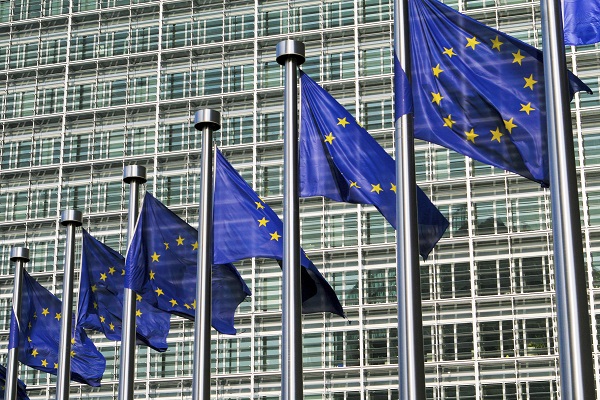
On Thursday 27 October 2022, the Council of the European Union (EU) and the European Parliament reached a provisional political agreement on stricter CO2 emission performance standards for new cars and vans; the purpose is to move towards zero-emission mobility.
Pending a formal adoption, the co-legislators agreed to the following: a 55% CO2 emission reduction target for new cars and 50% for new vans by 2030 compared to 2021 levels; a 100% CO2 emission reduction target for both new cars and vans by 2035.
Considered one of the cornerstones of the "Fit for 55" package, which aims to enable the EU to reduce its net greenhouse gas emissions by at least 55% by 2030 compared to 1990 levels and to achieve climate neutrality in 2050, this regulation imposes on car manufacturers a gradual reduction in emissions from new cars and vans put on the market.
The regulatory incentive mechanism will be kept for zero- and low-emission vehicles (ZLEV) until 2030. As part this mechanism, if a manufacturer meets certain benchmarks for the sales of zero- and low-emission vehicles it can be rewarded with less strict CO2 targets. The co-legislators agreed to increase the benchmark to 25% for cars and 17% for vans until 2030.
In addition, the agreement included a reinforcement of other provisions in the regulations such as reducing the cap of emission credits that manufacturers can receive for eco-innovations that verifiably reduce CO2 emissions on the road, to up to 4g/km per year from 2030 until 2034 (currently set at 7g/km per year). The European Commission will also develop a common EU methodology by 2025 for assessing the full life cycle of CO2 emissions of cars and vans placed on the EU market, as well as for the fuels and energy consumed by these vehicles. Based on this methodology, manufacturers may voluntarily report to the Commission on the life cycle emissions of the new vehicles they place on the market.
This agreement is expected to make a substantial contribution to the transition to climate neutrality, with cars and vans currently responsible for around 15% of the EU's CO2 emissions. In 2022, 100% electric cars already represent more than 14% of new registrations in Luxembourg; plug-in hybrid cars represent 9% of new registrations.
Following this agreement, Luxembourg's Ministry of the Environment, Climate and Sustainable Development recalled that the Grand Duchy is one of the EU Member States that encourages the Commission to put forward its legislative proposal as soon as possible concerning the strengthening of CO2 emission reduction targets for lorries.








